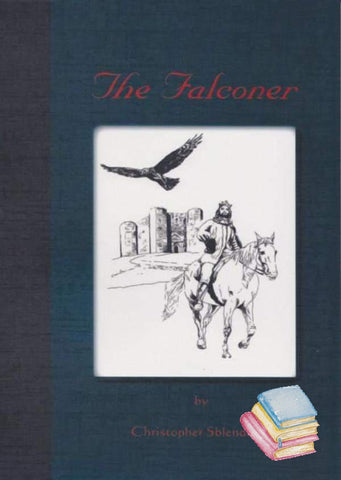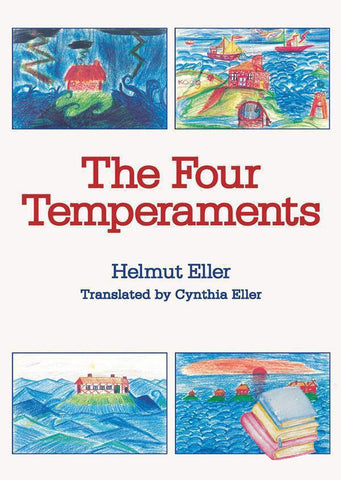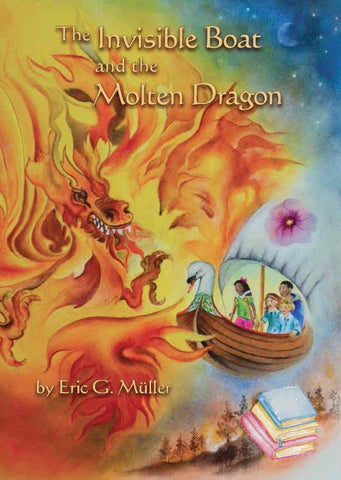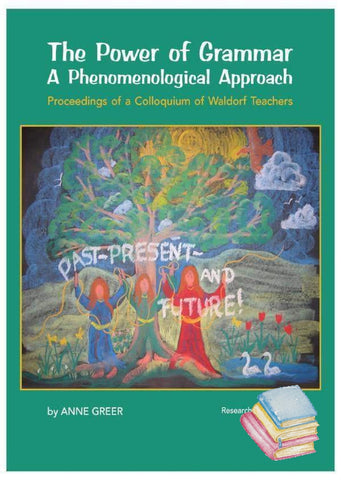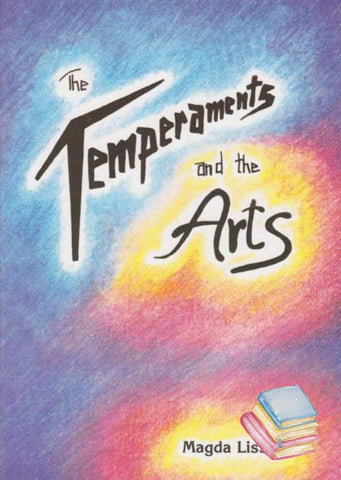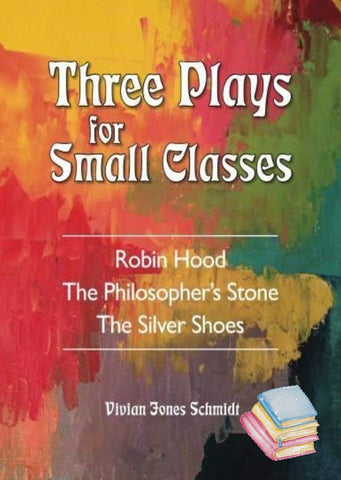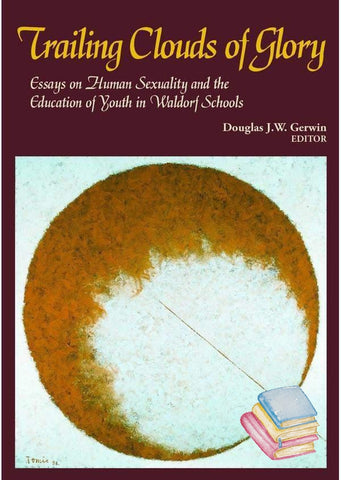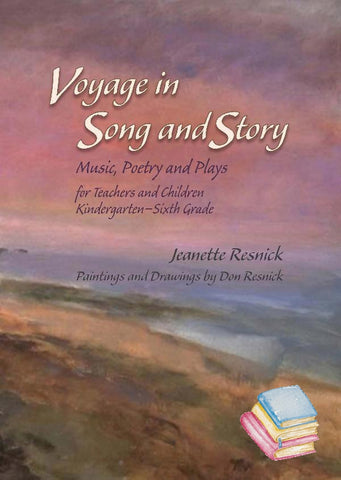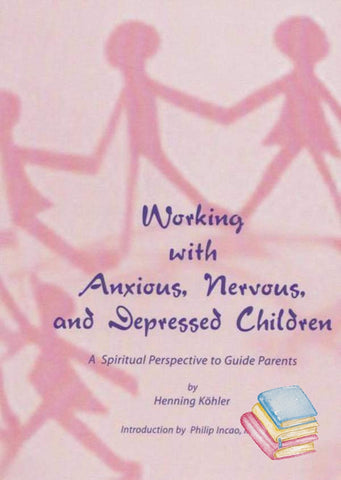Waldorf Grade 7
The adage, “Growth stunts consciousness; consciousness stunts growth,” is helpful to remember. The key is to create a loving distance between you and your youngster(s) and insist on completion of tasks before agreeing to any “bargains.” We work at this time on “contracts toward increasing responsibility.” Much complaining might be present and should be met with sympathy but insistence on follow up to work that isn’t yet finished. Once children engage with their will, they feel better. This lesson that work eases pain and creates a feeling of accomplishment is a skill for life. And it is a gift. It also encourages self-responsibility and avoids indulging the complaints, the dwelling in pain, the inevitable upset we can all remember from this time. Compassion is in order; but also, a strictness of agreements and completion of work assigned — chores, homework, and emotional agreements — all!
Exploration around the globe, and the Renaissance, are two strong components of the seventh-grade curriculum. The youngster is now capable of imagining all the way around the world and of exercising the considerable artistic skills practiced daily in Waldorf schools. These both should be implemented and celebrated in grade seven.
The opportunity in 2020, following the “Black Lives Matter” events, is to teach history as honestly as possible, less like the persistent narrative in North America which tends toward white men as heroes and toward downplaying colonization and slavery. This needs to be done with care to not burden the young soul too early with such issues. There is time enough for this in high school, when the astral body has fully arrived. Truthfulness need not blame or create a culture of despair. And there must be mindfulness always about the young people entrusted to you — and their heritage. You will find that the Renaissance was also present in the Ming Dynasty and in India and South America and can be told from directions appropriate for those in your class or in your care.
Download a PDF of the Grade 7 Book Recommendations.
For Waldorf Teachers and Parents
A Handbook for Waldorf Class Teachers Kevin Avison
Assessment for Learning in Waldorf Classrooms Sara Ciborski & Helen-Ann Ireland
Awakening Intelligence Magda Lisseau
Balance in Teaching Rudolf Steiner
Education Teaching, and Practical Life Rudolf Steiner
Evaluation, Homework, and Teacher’s Support David Mitchell, ed.
Finding Your Self Torin Finser
From Images to Thinking David Mitchell, ed.
Immersion Learning: A Travelogue Frans Lutters
Kinesthetic Learning for Adolescents Leonore Russell, ed.
Leaving Room for the Angels Reg Down
Rubicon Monica Ruef and Rudolf Steiner
Rudolf Steiner’s Observations on Adolescence David Mitchell & Christopher Clouder, eds
Second Grade Development, Observation and Assessment Else Gottgens (it can be useful, in sections, for assessing at any age)
Solving the Riddle of the Child Christof Wiechert
Tapestry of a Waldorf Curriculum Tobias Richer
Tending the Spark Betty Staley
Trailing Clouds of Glory Douglas Gerwin
For Curriculum Development in Waldorf Grade 7:
Active Arithmetic Henning Andersen
Finding the Path Bengt Ulin
Making Math Meaningful, A Source Book for Middle School Jaimie York
Making Math Meaningful A 7th Grade Workbook Jaimie York
Mensuration Amos Franceschelli
Negative Numbers: A Collection for Students Stephan Sigler
Negative Numbers: A Collection for Teachers Stephan Sigler
The Waldorf Approach to Arithmetic Herman von Baravalle
Teaching Mathematics in Rudolf Steiner Schools Ron Jarman
Triangle, Circle and Soul Harry Kretz
An English Grammar Rudolf Schmid
An English Manual Dorothy Harrer
Fire the Imagination — Write On! Dorit Winter
Red Tape Holds Up New Bridge Gloria Cooper
Spelling by Hand Jeremy Herrmann
Teaching Language Arts in a Waldorf School Roberto Trostli, ed.
The Art and Science of Teaching Composition Dorit Winter
The Power of Grammar Anne Greer
Leonardo, Michelangelo, Raphael Ernst Uehli
On Teaching History Henry Barnes
The Revelations of Evolutionary Events Evelyn Debusschere
A Brief History of Chemistry Michael Ridenour
A Phenomena-Based Physics Manfred von Mackensen
Earth Science Hans Ulrich Schmutz
Fundamentals for a Phenomenological Study of Chemistry Fritz Julius
Man in Nature: America before the Days of the White Man Carl Sauer
Physics the Waldorf Way for Grade 7 Roberto Trostli
Sensible Physics Teaching Stephen Edelglass and Michael D’Aleo
The Wonders of Waldorf Chemistry David Mitchell
Earth Science Hans Ulrich Schmutz
Longitude Dava Sobel
Man in Nature Carl Sauer
At Home in Harmony Meg Chittenden
Building the Chorus Arnold Logan
Music from around the World for Three Part Recorder Ensemble Michael Preston
Recorder Ensemble Stephen Bernstein
Songs of Heaven and Earth Merwin Lewis
The Importance of Being Musical Cynthia Frangello
Voyage in Song and Story Jennette Resnick
Clothing the Play Rosewitha Spence
Eureka! The Life and Times of Archimedes John Trevillion and Jeffrey Spade
Hawthorne Valley Harvest William Ward, ed.
Pedagogical Theater Arthur Pittis
The Music of the Spheres John Trevillion & Merwin Lewis
Three Plays for Small Classes Vivian Jones-Schmidt
Bare Hand Knitting Aleshanee Akin
Come Unto These Yellow Sands Molly von Heider
Creative Pathways Elizabeth Auer
Eurythmy: A Creative Force in Humanity Sylvia Bardt
Eurythmy for the Elementary Grades Francine Adam
Learning About the World through Modeling Arthur Auer
Learning to See the world through Drawing Elizabeth Auer
Painting at School Dick Bruin and Attie Lichthardt
The Temperaments and the Arts Magda Lissau
For Meeting Children’s Needs in the Grade 7 Waldorf Classroom
Developing the Observing Eye Cynthia Lange
Difficult Children: There Is No Such Thing Henning Koehler and Joseph Bailey
Educating the Will Michael Howard
Helping Children on Their Way Elizabeth Auer
Observing the Class Observing the Children David Mitchell, ed.
Raphael: The Mysteries of Illness and Healing Michaela Glöckler, M.D.
The Four Temperaments Helmut Eller
Will-Developed Intelligence Patricia Livingston and David Mitchell
Working with Anxious, Nervous, and Depressed Children Henning Koehler and Joseph Baily
Readers for Waldorf Seventh Graders
A Light in the Forest Conrad Richter
Brother Frances Jakob Streit
Buzzy and the River Rats, volumes I, II, and III John Hoffman
Columban Jakob Streit
Copernicus: Struggle and Victory Heinz Sponsel
Geron and Virtus Jakob Streit
Invisible Guardians Jakob Streit
Men of Iron Howard Pyle and anything by this author
Old Yeller Fred Gipson and Steven Polson
Otto of the Silver Hand Howard Pyle
Roman Lives Dorothy Harrer
Saint Odelia Jakob Streit
Sir Nigel Sir Arthur Conan Doyle
Star of the Sea William Ward
The Bee Book Jakob Streit
The Falconer Christopher Sblendorio
The Invisible Boat Eric Müller
The Invisible Boat and the Molton Dragon Eric Müller
The Star Rider and Anna McLoon re-told by Jakob Streit
The Star Trilogy Donald Samson
The Trumpeter of Krakow Eric P. Kelly
Where the Red Fern Grows Wilson Rawls
Witch of Blackbird Pond Elizabeth George Speare

- Previous
- Page 4 of 4

